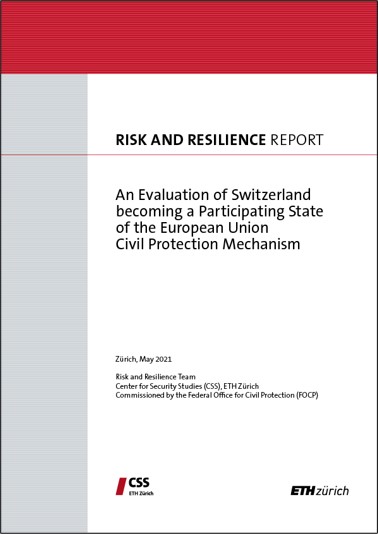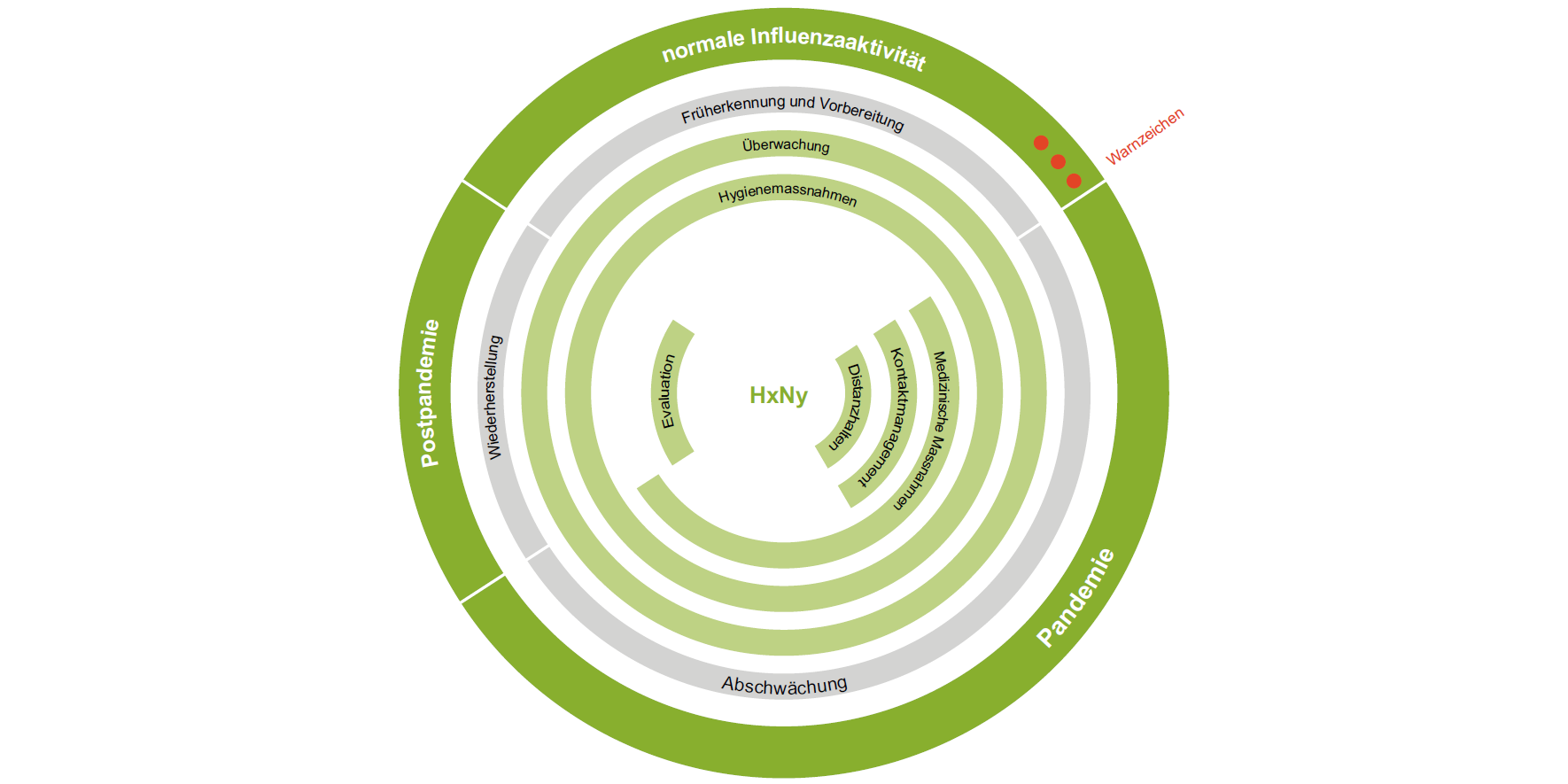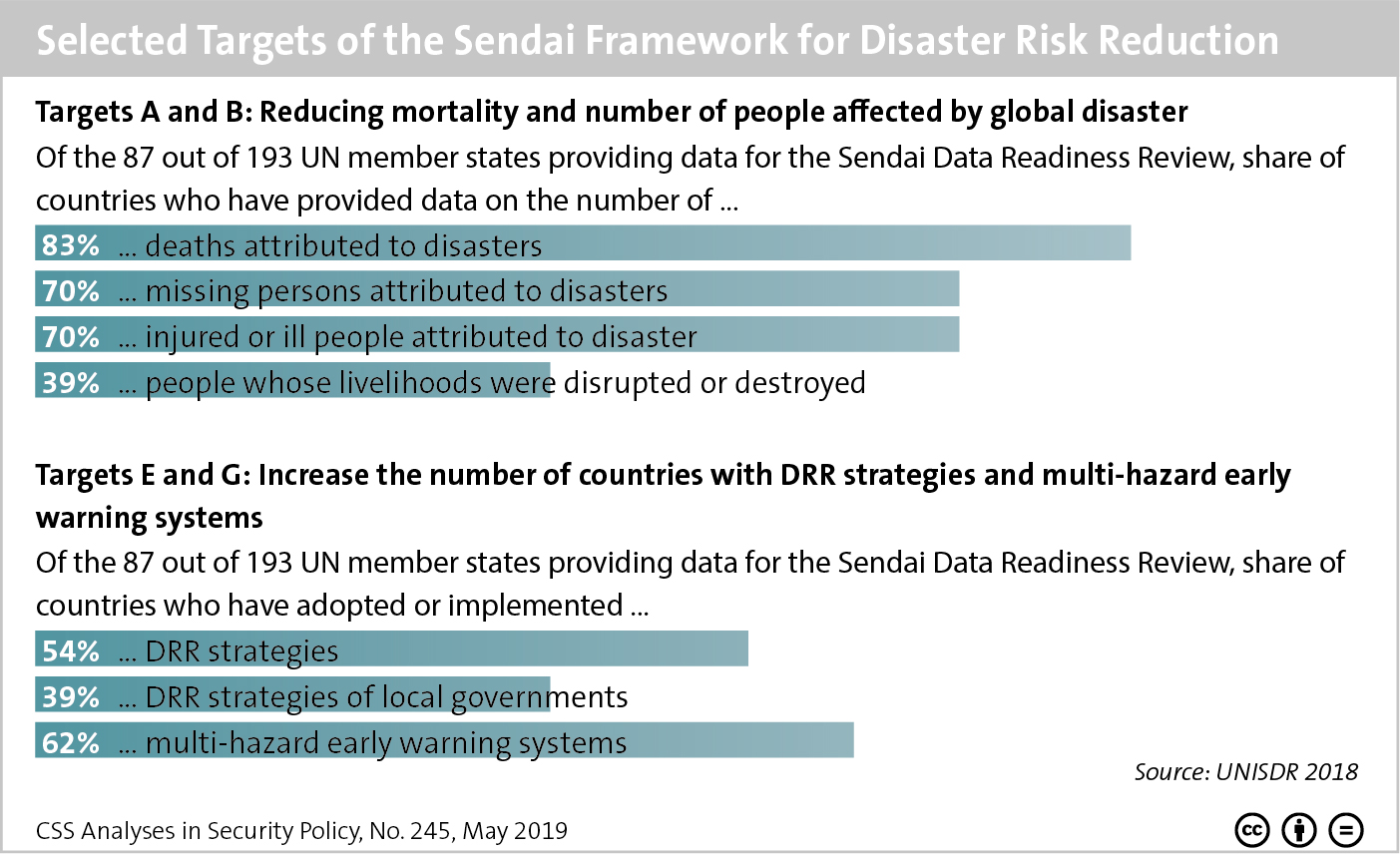
During the repatriation operations in response to the COVID-19 pandemic in spring 2020, Switzerland benefited directly and indirectly from the activation of the European Union Civil Protection Mechanism (UCPM), despite not being a Participating State thereof. The increasing severity of natural and socio-technical hazards and their far-reaching consequences underscore the importance of international collaboration in other crises beyond the current pandemic. A new CSS Risk and Resilience Report, commissioned by the Swiss Federal Office for Civil Protection (FOCP), therefore assesses the costs and benefits of potential Swiss participation in the UCPM.



